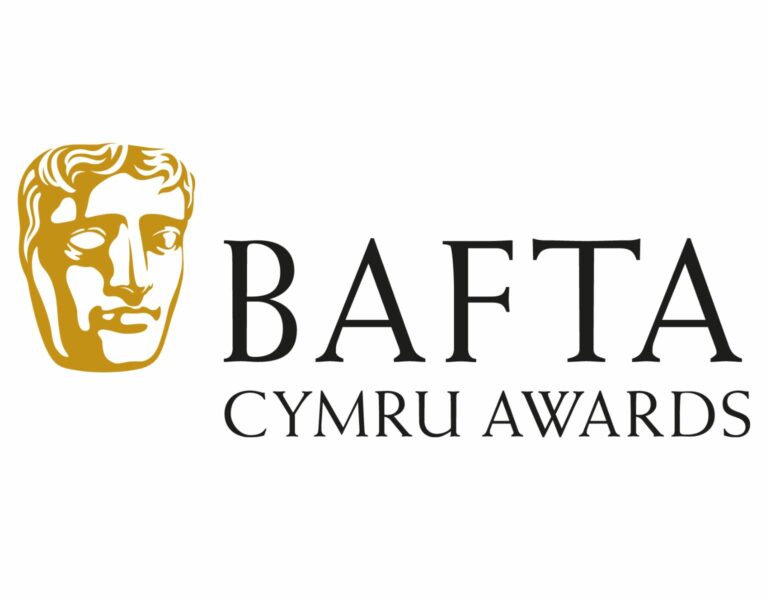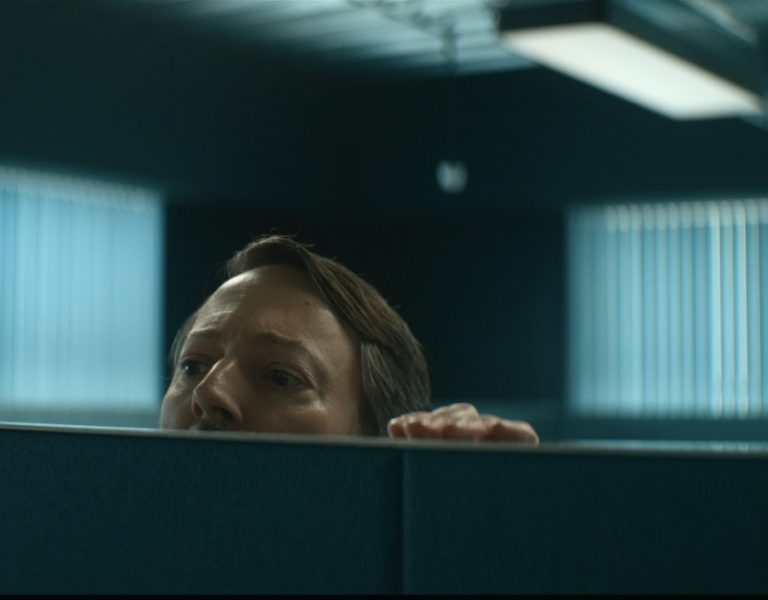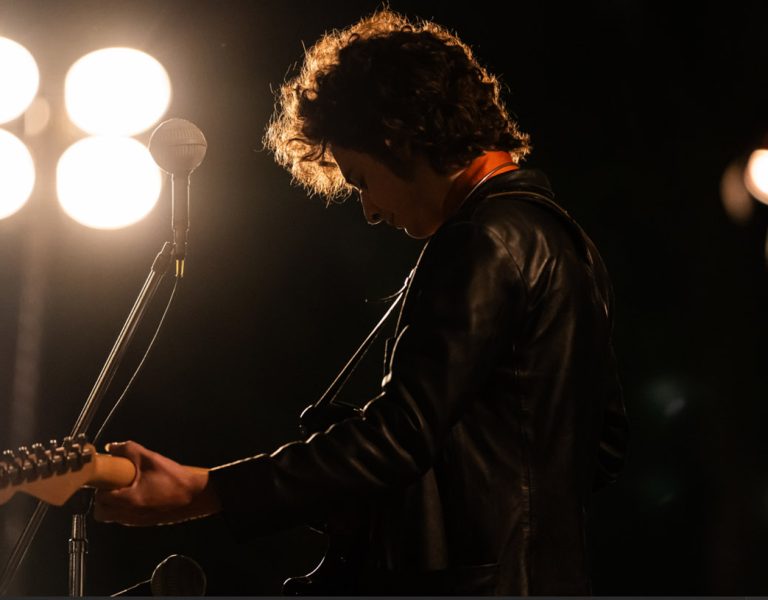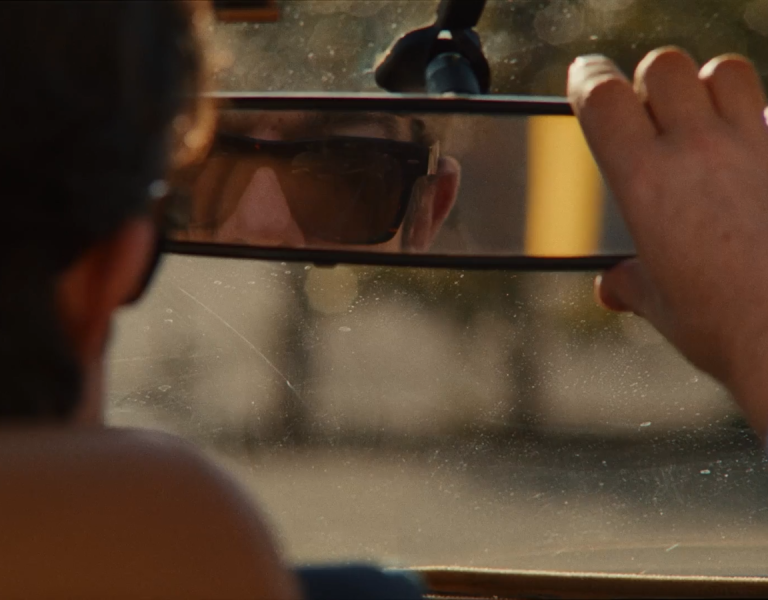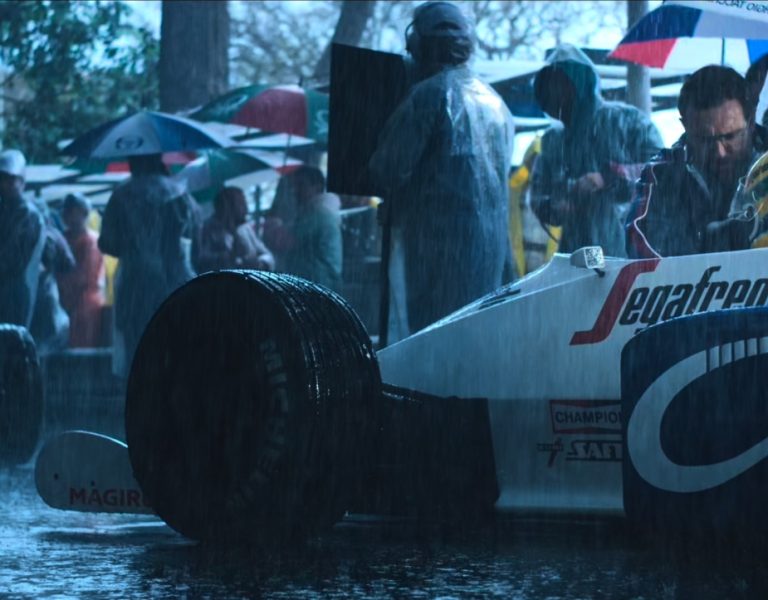TALENT, TRIBUTES AND TENACITY
It was almost All Awards on the Western Front as the Edward Berger-directed anti-war movie triumphed in seven BAFTA Award categories including a Best Cinematography win for James Friend ASC BSC. We spoke to this year’s award recipients backstage at the winners press conference.
It was fitting that on a BAFTA Awards evening that paid tribute to a British cinematographic master, a Brit also triumphed in the Cinematography category. Highlighting the need to protect the magical cinematic experience from the pandemic and cost-of-living crisis’s impact, in BAFTA Chair Krishnendu Majumdar’s opening speech he also honoured filmmakers we recently lost including cinematographer, director and former BAFTA Chair Sir Sydney Samuelson CBE BSC. “He embodied the values of kindness, loyalty, hard work and determination,” said Krishnendu. “He was the best of us, and his passion for film and nurturing home-grown talent leaves a legacy that inspires us all.”
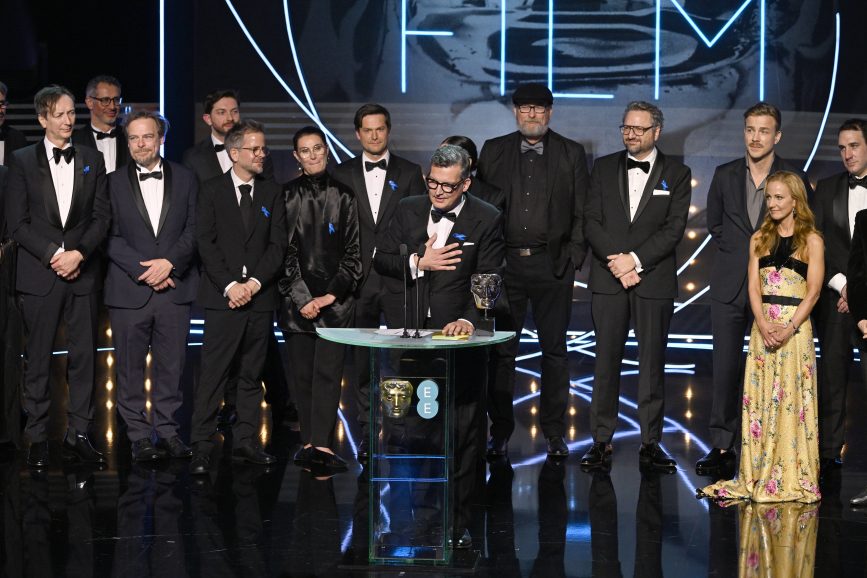
In the ceremony held in the awards’ new home – Royal Festival Hall at London’s Southbank Centre – anti-war epic All Quiet at the Western Front made history with seven category wins, securing the most BAFTAs for a non-English language film. British cinematographer James Friend ASC BSC continued his winning streak, scooping the Cinematography award.
Taking to the stage, Friend commended the talent of his fellow nominees – Mandy Walker AM ASC ACS (Elvis), Greig Fraser ACS ASC (The Batman), Sir Roger Deakins CBE ASC BSC (Empire of Light), and Claudio Miranda ASC ACC (Top Gun: Maverick). Referring to a special collaborative experience, Friend thanked director Edward Berger, producer Malte Grunert, and camera operator Daniel Bishop ACO Assoc BSC SOC.
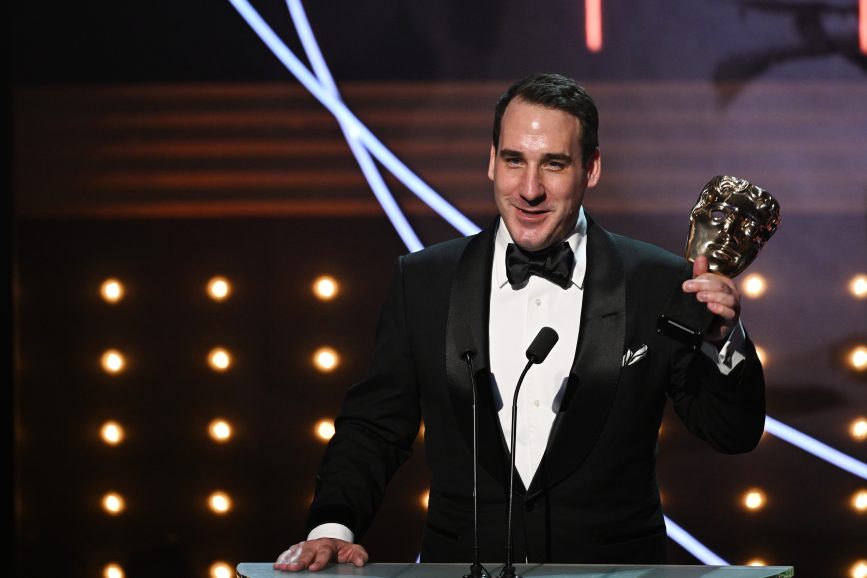
Backstage at the winner’s press conference, Friend was joined by Berger and Grunert. The cinematographer spoke of the film being “a horror more than anything else…we went out of the way to not make it look glossy. We wanted it to feel authentic.” Berger – who later won Best Director – told press, “we don’t make films for awards, we made this to tell a timely and urgent story.” Like many of the evening’s winners, he underlined the importance of “finding the best people,” to work with, saying he felt “lucky the material attracted them.” German producer Grunert, believes All Quiet shows a “unique perspective in the sense that Germany has a history – our country started both world wars and lost both…A German war film can never be a hero’s journey. From our perspective, war is not a character-building experience or an adventure.”
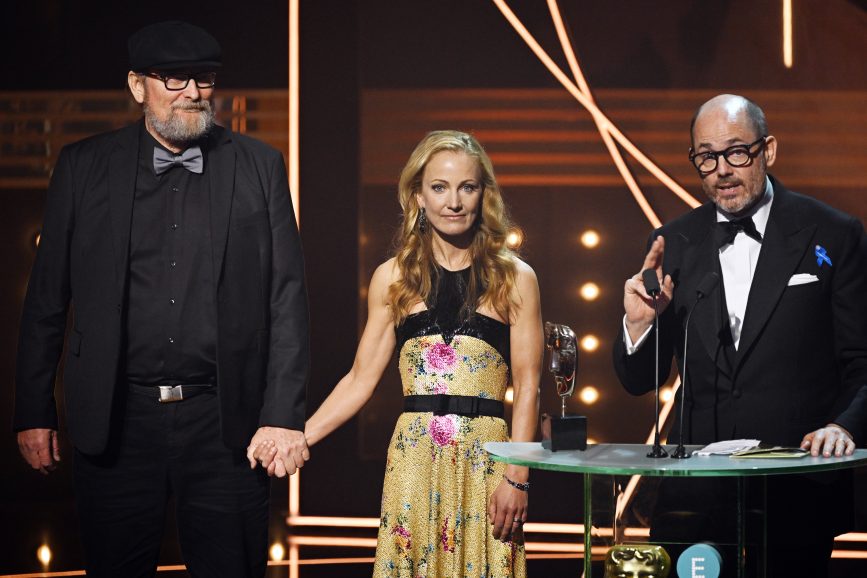
The film also succeeded in the Adapted Screenplay, Film not in the English Language, Original Score, Sound, Director, and Best Film categories. Having accepted the Original Score award, German composer Volker Bertelmann revealed when he saw how well made the film was – “with so many explosions and such great sound” – he “wasn’t sure if music was necessary.” Thankfully, he changed his mind as the powerful and haunting score – created using his grandmother’s refurbished harmonium distorted to sound like a modular synthesiser – made as much impact as the visuals.
The tenacity that helped bring the story to the screen was underscored when writers Ian Stokell and Lesley Paterson entered the media area after winning Adapted Screenplay. They optioned the novel 16 years ago and to maintain the option Paterson – also a professional triathlete – won races, even competing once with a broken arm. “16 years ago, we couldn’t have made this kind of film in German for this budget. The streamers helped get that reach,” she said. “The best thing about it being on Netflix is a lot of eyeballs have been on this film and many younger viewers have seen it. We want the younger generation to watch films like this with such a strong message.”
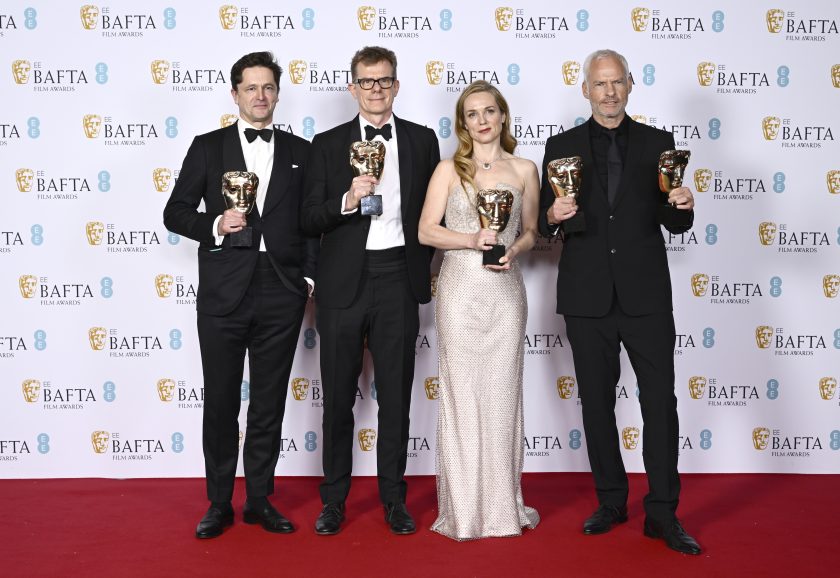
Encouraging the arts
The Banshees of Inisherin scooped the Outstanding British Film, Original Screenplay, Supporting Actor (Barry Keoghan), and Supporting Actress (Kerry Condon) awards. In his Outstanding British Film acceptance speech, director Martin McDonagh thanked “brilliant British DP” Ben Davis BSC, who “made one of the most beautiful films this year.” Backstage, following his win for playing Dominic in the film, Keoghan expressed his joy at Banshees receiving recognition in multiple categories as it “encourages the arts at home (Ireland). We are an island of great storytellers, actors, writers, and poets and this helps the industry massively in Ireland.”
Another above the line winner, Cate Blanchett (Leading Actress) revealed often it is not the character she is drawn to, “it’s the quality of conversation with the director (Todd Field) and I knew that was extraordinary with TÁR. There was a rhythmic quality to the writing that was really propulsive.”
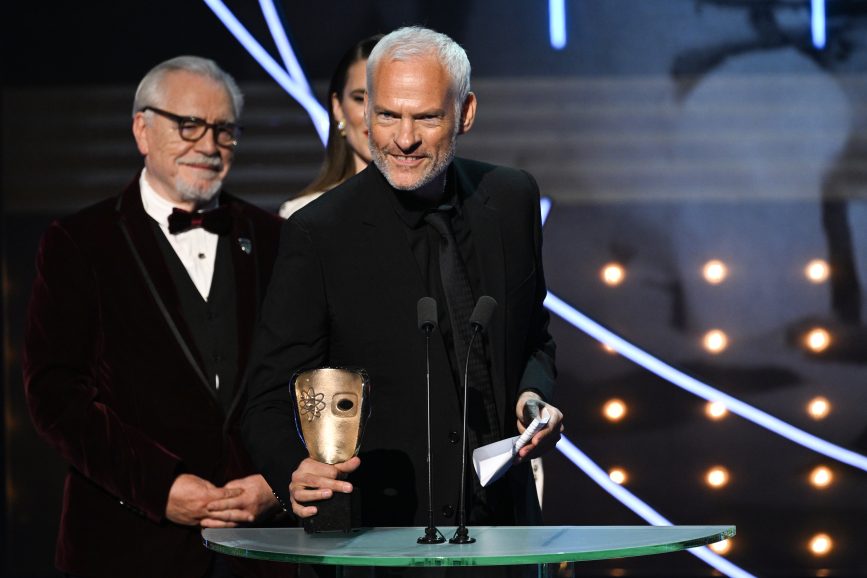
Although Everything Everywhere All at Once received 10 nominations, Editing was its only victory. A worthy win for an ambitious film that took 11 months to cut. Elaborating on his acceptance speech in which he mentioned many of his editing heroes are women, backstage editor Paul Rogers again paid tribute to “the unnamed women who were the first editors” and who he owes so much.
Meanwhile, Elvis took home Casting, Makeup and Hair, and Leading Actor (Austin Butler), and Costume Design (Catherine Martin) awards, and British costume designer Sandy Powell became the first specialist in her craft to win the BAFTA Fellowship. Babylon reigned supreme in Production Design (Anthony Carlino and Florencia Martin). Production designer Martin told us the most beautiful part of the design process was the “layering and complexity of the environments” and that “the art of filmmaking is extremely collaborative – I share this with the entire Babylon team”. Irish animator Richard Baneham – part of the team who scooped Special Visual Effects for Avatar: The Way of the Water – similarly said their win was a “huge reflection of the work of the crew – there were almost 2,000 people involved and over 3,000 visual effects shots done by Weta (FX).”
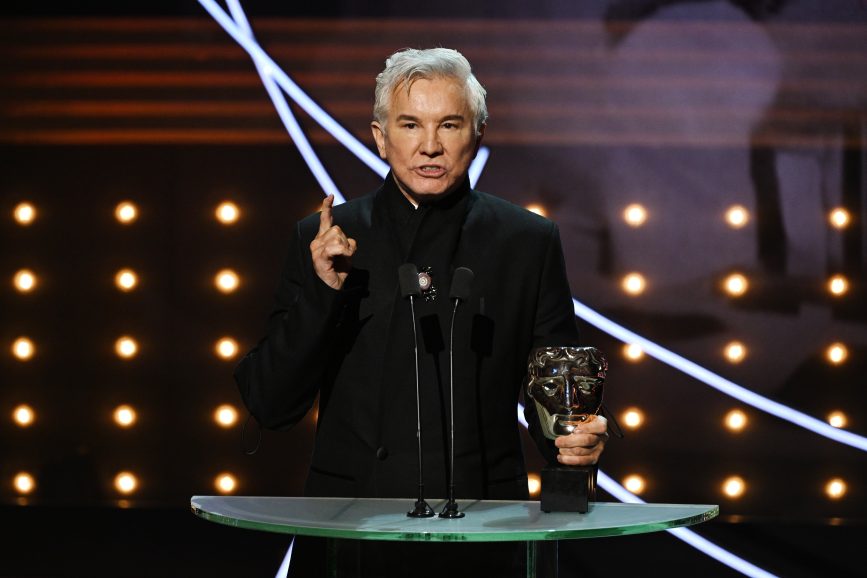
As well as sharing views on what makes stop-motion so enchanting – “the models are intricate and beautiful and even young audiences understand all the work that went into it” – director Guillermo del Torro gave a shout out to Manchester-based puppet makers McKinnon and Saunders for their role in his Best Animation BAFTA-winning stop-motion interpretation of Pinocchio. “If they don’t give us the range mechanically in a puppet, you cannot take the actor to that degree. They’re unparalleled.”
In another shoutout to essential members of the filmmaking team, when EE Rising Star award-winner Emma Mackey was asked for tips when shooting a series such as Sex Education, she responded: “Hire intimacy coordinators and talk. Communication is the key…the more you choreograph it and talk about it demystifies the whole thing.”


